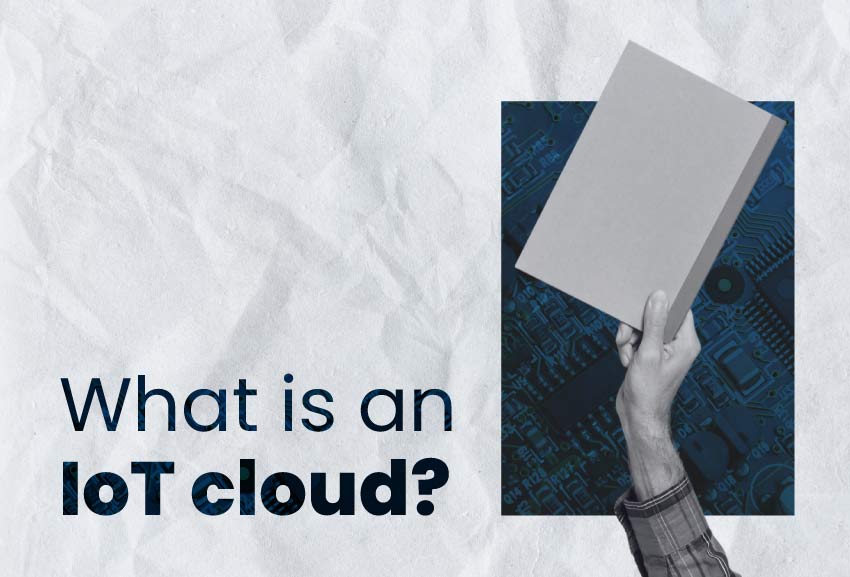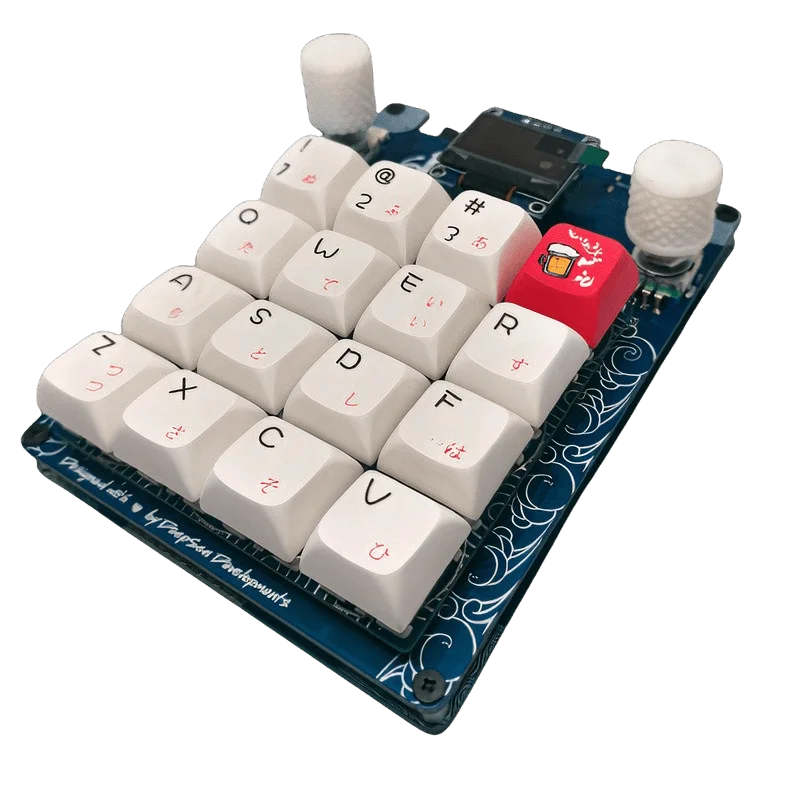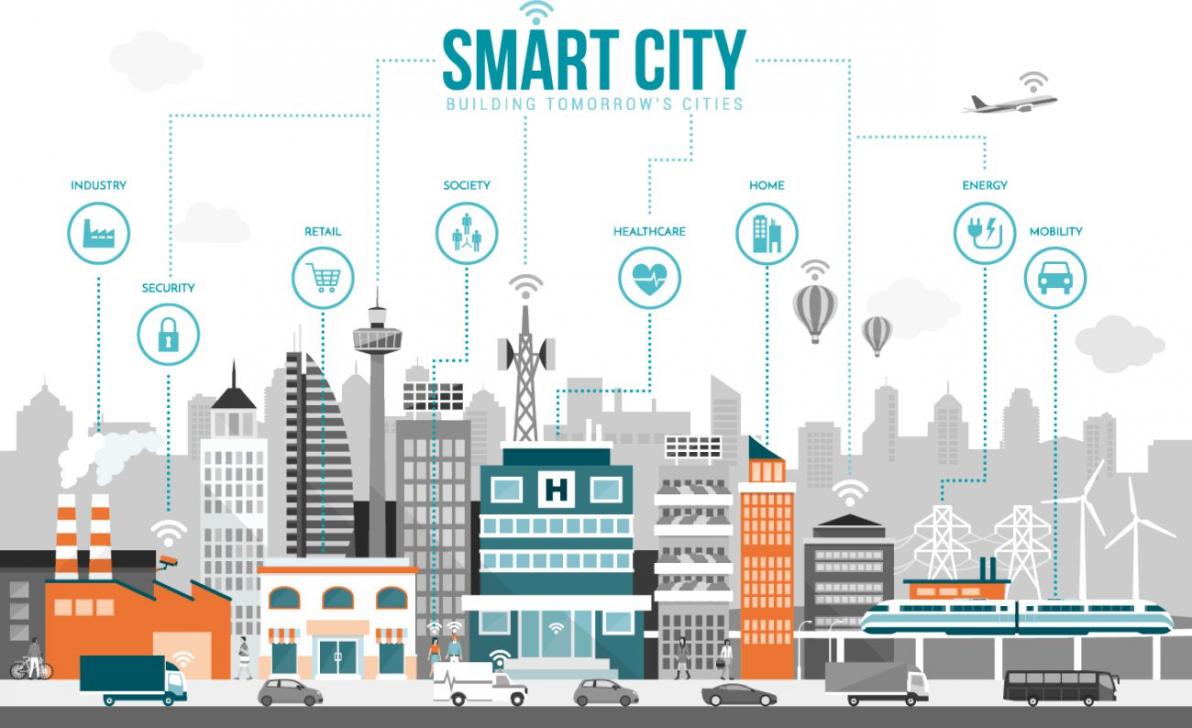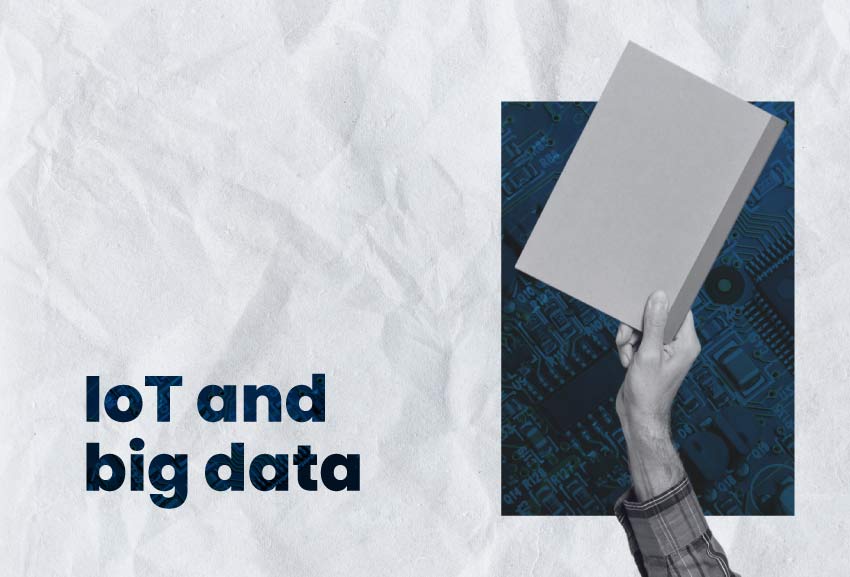An IoT cloud refers to an infrastructure and cloud-based services that are used to support and manage IoT products, hardware, and applications. IoT cloud platforms are also designed to handle large amounts of data generated by IoT devices. With this kind of cloud platform, it is possible to have the necessary infrastructure to process and analyze the data.
When companies develop IoT in the cloud, they are providing services that allow them to store, process and analyze data. Probably the users of Internet of Things devices don’t interact with IoT and the cloud, but they receive the gathered data in their phones, tablets, or software that is in charge of receiving all information from the IoT cloud platform.
On the other hand, IoT cloud services can be used to build a strong connection between several IoT devices and other systems (applications, mobile apps, enterprise systems).
Finally, this technology also allows IoT product design and development consultants to increase the security of the data collected and to develop different applications for IoT management.
Are there different types of IoT clouds?
There are different types of IoT clouds that offer different features, like scalability, security, and fast information processing. Which one is the best? They depend on the IoT applications and requirements you need.
Public IoT clouds:
These are IoT cloud services that are publicly available and can be used by anyone. Examples of this include Amazon Web Services (AWS) IoT, and Microsoft Azure IoT.
Private IoT clouds:
These are cloud platforms that are operated within a specific organization or company. They characterize for being available only to members of an organization. The main benefit of IoT private clouds is that they provide more control and security over the data and devices connected to them.
Hybrid IoT clouds:
These IoT cloud platforms are a combination of public and private clouds, where some services are offered by a public cloud, and others by a private cloud. Hybrid clouds can provide the benefits of both public and private clouds: scalability and cost savings. Along with more control and security over the data and devices.
Edge IoT clouds:
These are IoT clouds that are located at the edge of the network, that is, close to the IoT devices, rather than in a central data center. What is the benefit of this IoT cloud? This can reduce the amount of data that needs to be sent to the cloud and improve response times.
We can’t really say which IoT cloud is better for your business, since there are many factors that need to be considered before choosing one of those. Every IoT project is different, its components, its features, and the market where it performs. You can carefully analyze the information of each one of those IoT cloud platforms, and choose the best option for you.
You can also contact us and we can help you out with a free consultation.
Check these articles related to IoT
IoT protocols
What is Ehealth
IoT gateway
IoT framework
Industrial IoT applications
IoT hardware explained





